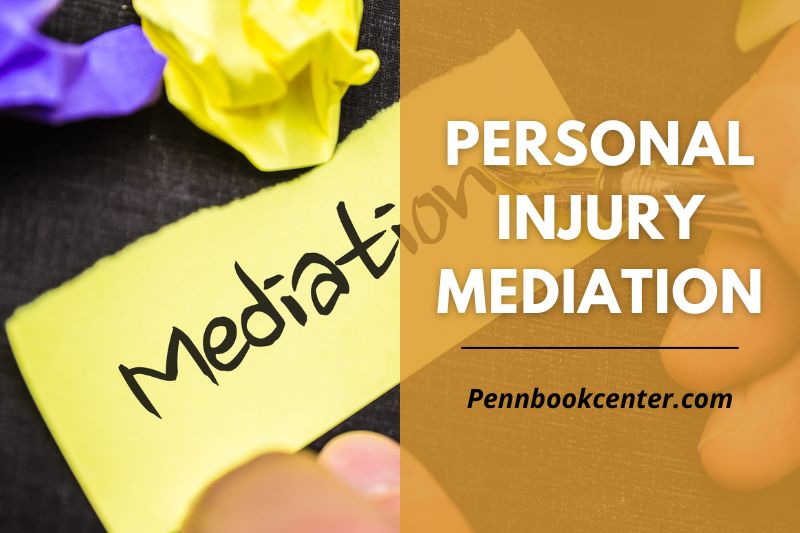Personal injury mediation offers a quicker, cost-effective way to settle disputes. At Pennbook Center, we guide you through the process to ensure a fair outcome. Learn more about how mediation works and why it’s beneficial.
Understanding the Mediation Process in Personal Injury Cases
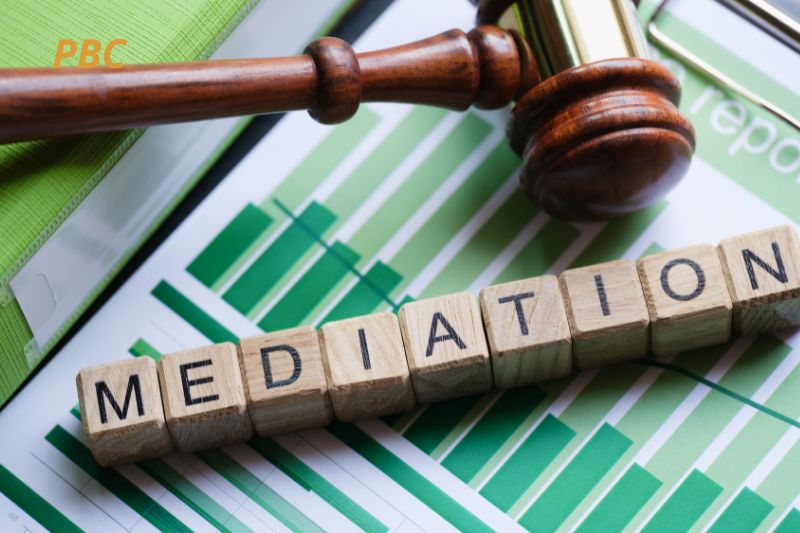
Navigating a personal injury case can be daunting. Mediation offers a more flexible and less confrontational alternative to traditional litigation. But what exactly is mediation?
What Is Mediation in a Personal Injury Case?
Mediation is a voluntary process where a neutral third party, known as a mediator, assists the disputing parties—plaintiff and defendant—in reaching a mutually acceptable agreement.
Unlike a court ruling, the mediator doesn’t make decisions but facilitates discussion to help both sides find common ground.
Key Participants: Mediator, Plaintiff, Defendant, Legal Counsel
Several key players are involved in mediation:
- Mediator: A neutral facilitator who ensures the process remains fair and productive.
- Plaintiff: The injured party seeking compensation.
- Defendant: The party alleged to be responsible for the injury.
- Legal Counsel: Lawyers representing the plaintiff and defendant, providing legal advice and ensuring their clients’ interests are protected.
Steps Involved in the Mediation Process
The mediation process typically follows these steps:
- Initiation: Both parties agree to mediate and choose a mediator.
- Preparation: Participants gather necessary documentation and evidence.
- Opening Session: Mediator sets the stage, explaining rules and procedures.
- Joint Session: Both parties present their cases.
- Private Caucuses: Mediator meets separately with each party to explore solutions.
- Negotiation: Parties negotiate terms, facilitated by the mediator.
- Agreement: If a settlement is reached, it’s documented and signed.
Duration and Timeline of Mediation
Mediation can be quicker than court litigation, often resolving in a matter of weeks or even days, depending on the complexity of the case and the willingness of the parties to negotiate.
Benefits of Mediation in Personal Injury Cases
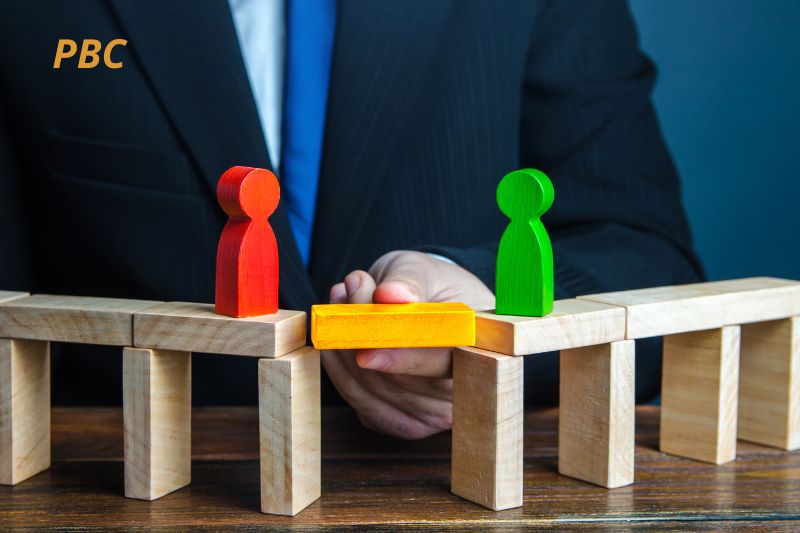
Mediation offers numerous advantages over traditional litigation, making it an appealing option for resolving personal injury cases.
Cost-Effectiveness of Mediation Compared to Litigation
One of the primary benefits is cost-effectiveness. Mediation is generally less expensive than litigation because it involves fewer legal fees and court costs. This makes it an attractive option for both parties looking to save money.
Time Efficiency and Faster Resolutions
Mediation is typically faster than going to court. Cases that might take months or even years to resolve in court can often be settled in a few weeks through mediation. This time efficiency allows parties to move on with their lives sooner.
Confidentiality and Privacy in Mediation
Unlike court cases, which are public, mediation is a private process. The discussions and final agreement remain confidential, protecting the privacy of both parties. This confidentiality can be particularly important in sensitive personal injury cases.
Preservation of Relationships Through Mediation
Mediation is less adversarial than litigation, which helps in preserving relationships. This is especially beneficial in cases where the parties may need to interact in the future.
The preservation of relationships is a key advantage of the mediation process.
Emotional and Psychological Benefits
Mediation can also provide emotional and psychological benefits. The process is less stressful than a court battle, and the collaborative nature of mediation can lead to more satisfactory outcomes for both parties.
The Role of the Mediator in Personal Injury Mediation
The mediator plays a crucial role in the success of the mediation process.
Neutrality and Impartiality of the Mediator
A mediator must maintain neutrality and impartiality. Their role is to facilitate discussions without taking sides, ensuring that both parties feel heard and understood.
Facilitator vs. Decision-Maker: Understanding the Mediator’s Role
It’s important to distinguish between a facilitator and a decision-maker. The mediator’s job is to guide the discussion and help the parties reach a consensus. They do not impose a solution or make decisions on behalf of the parties.
Techniques Used by Mediators to Promote Settlement
Mediators employ various techniques to promote settlement, such as:
- Active Listening: Ensuring each party feels heard.
- Reframing: Presenting issues in a way that encourages problem-solving.
- Caucusing: Meeting separately with each party to explore solutions.
- Reality Testing: Helping parties understand the strengths and weaknesses of their positions.
Importance of a Qualified and Experienced Mediator
The success of mediation often hinges on the skills and experience of the mediator.
A qualified and experienced mediator can effectively manage the process, navigate complex issues, and foster a cooperative environment, leading to a higher likelihood of reaching a satisfactory agreement.
Preparing for Personal Injury Mediation
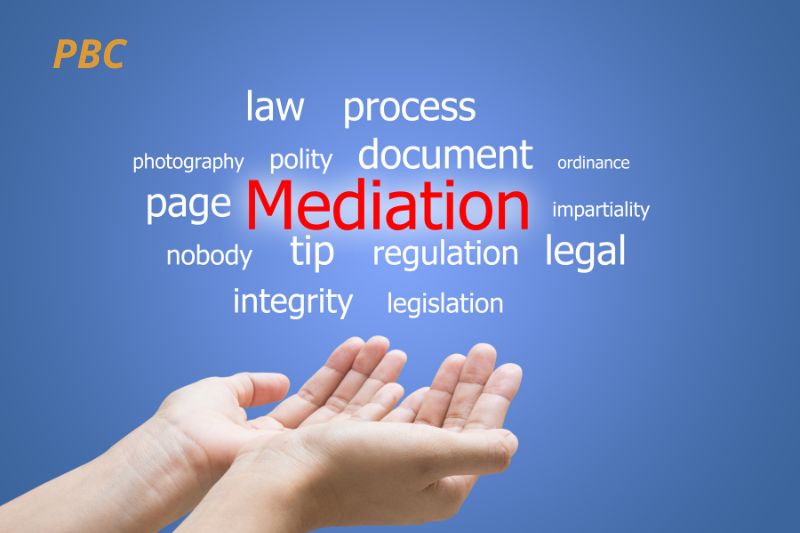
Gathering Necessary Documentation and Evidence
Getting ready for mediation means gathering all the crucial documents and evidence related to your case.
This includes medical records, police reports, witness statements, and any other relevant documentation.
Having everything organized and accessible helps ensure that you can present a strong case during the mediation process.
Legal Counsel: How Lawyers Prepare for Mediation
Your legal counsel plays a vital role in preparing for mediation. They help you understand the process, set realistic expectations, and strategize on the best approach.
Lawyers also review all the gathered evidence, prepare any necessary legal arguments, and may conduct mock mediation sessions to prepare you for potential questions and scenarios.
Setting Realistic Goals and Expectations
Setting realistic goals and expectations is essential for a successful mediation. Understand that mediation is about compromise.
While you may not get everything you want, the goal is to reach a fair settlement. Discuss with your lawyer what outcomes are acceptable and be prepared to negotiate.
Understanding the Opposition’s Perspective
Understanding the opposition’s perspective can be a game-changer in mediation. Knowing the defendant’s arguments, concerns, and potential weaknesses helps you build a more compelling case.
It also allows you to anticipate their moves and respond effectively, increasing the chances of reaching a satisfactory agreement.
Comparing Mediation with Other Dispute Resolution Methods
Mediation vs. Litigation: Pros and Cons
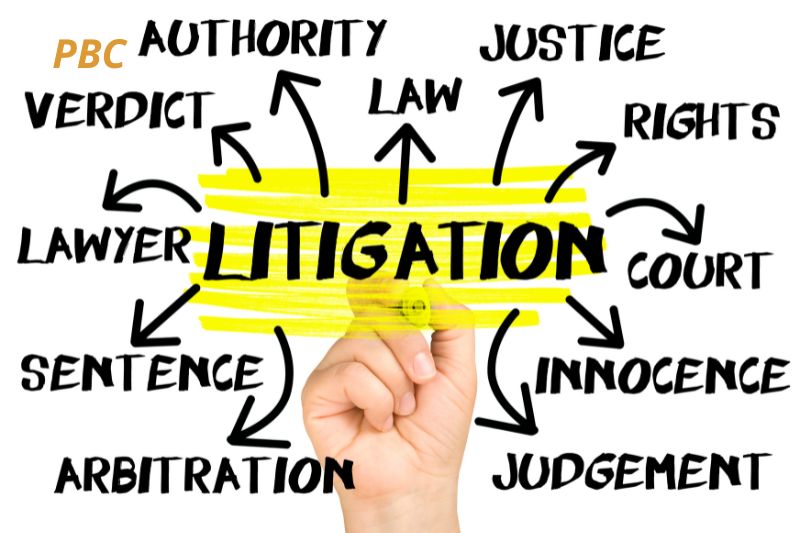
Mediation and litigation are two different paths to resolving disputes.
Mediation is less formal, less expensive, and quicker. It promotes a cooperative approach, often preserving relationships. Litigation, on the other hand, is more formal, potentially more costly, and can take longer.
It provides a definitive, legally binding decision but can be adversarial and stressful.
Mediation vs. Arbitration: Key Differences
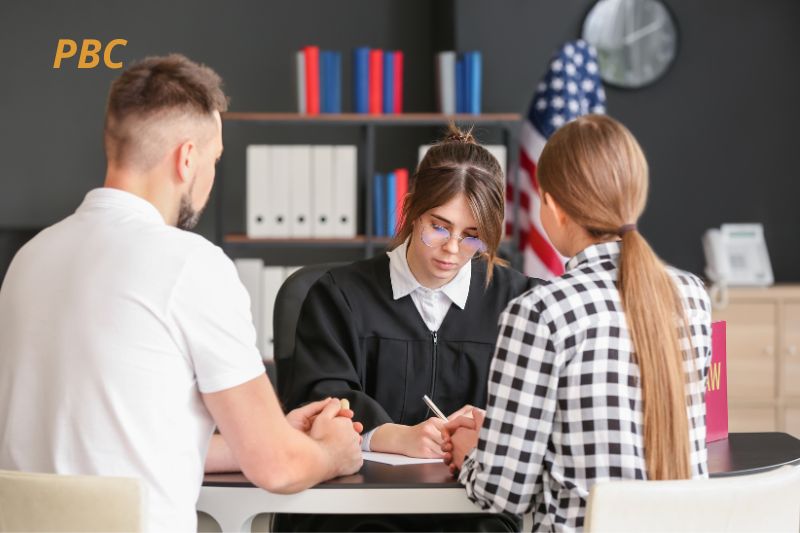
While both mediation and arbitration are forms of alternative dispute resolution, they have key differences.
In mediation, the mediator helps the parties reach a mutual agreement but doesn’t impose a decision. Arbitration involves an arbitrator who listens to both sides and then makes a binding decision.
Arbitration is more formal than mediation but less so than litigation.
When Mediation Might Not Be the Best Option
Mediation isn’t always the best choice. It might not be suitable if there is a significant power imbalance between the parties, if one party is unwilling to negotiate in good faith, or if the case involves criminal activity.
In such scenarios, litigation or arbitration might be more appropriate to ensure a fair and just outcome.
Conclusion
Personal injury mediation can be a powerful tool. By understanding the process, you can make informed decisions about your case, including learning how to increase personal injury settlement. Explore your options with a lawyer and visit Penn Book Center for more legal resources.
